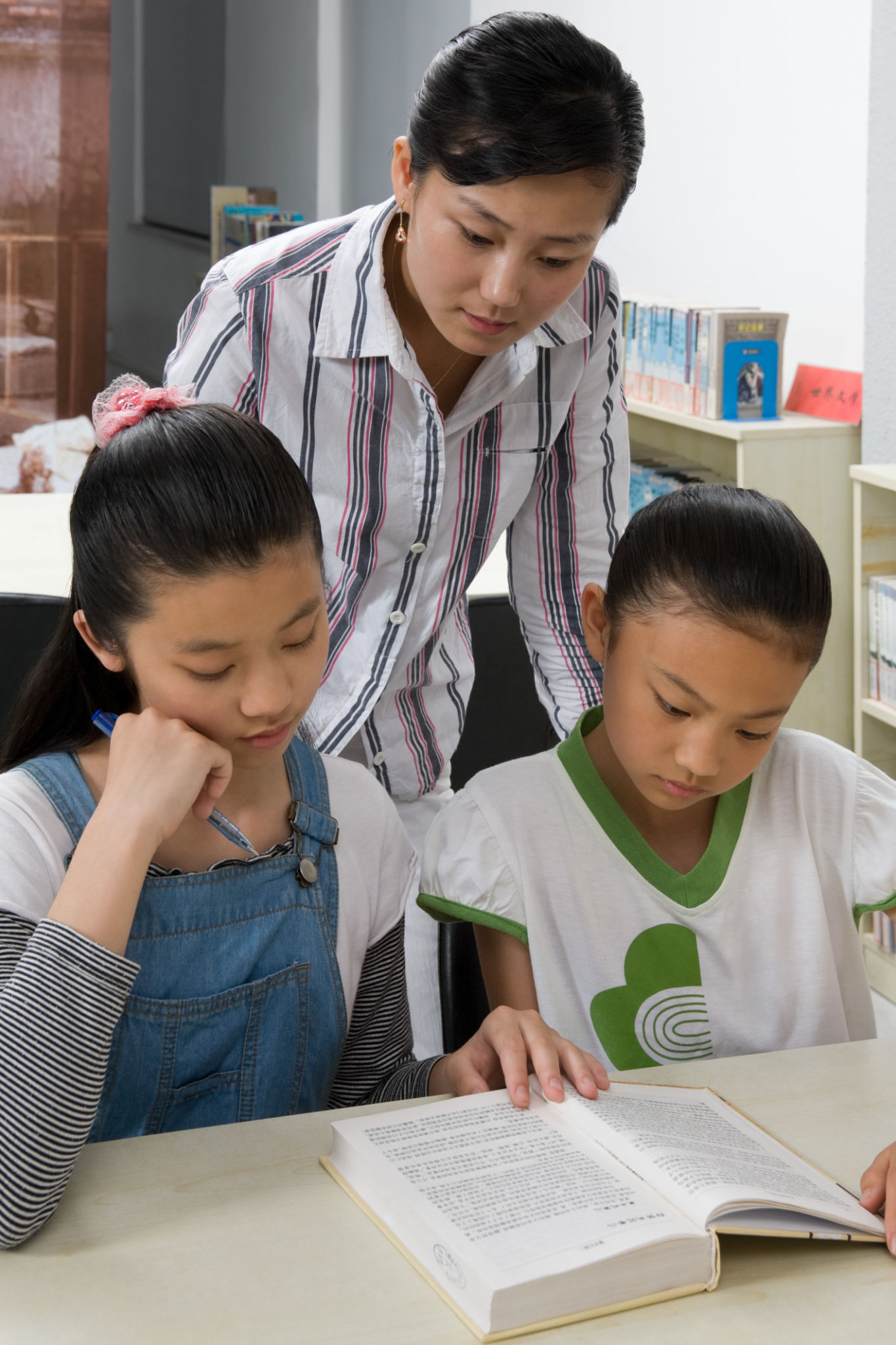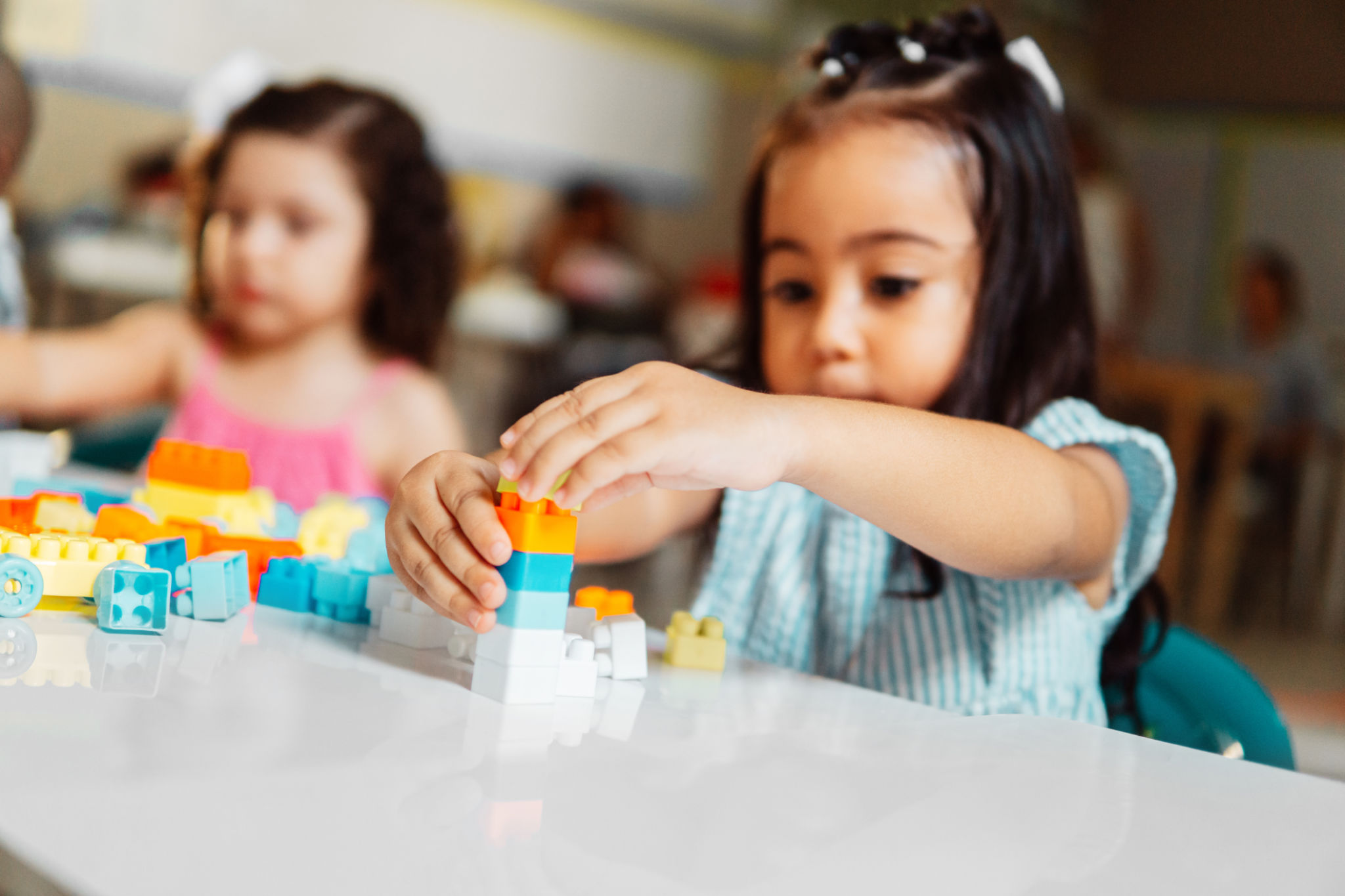Preschool Education: Building Blocks for Lifelong Learning
The Foundation of Preschool Education
Preschool education serves as the foundation for lifelong learning, setting the stage for academic and personal success. This crucial phase focuses on developing essential skills that children will use throughout their educational journey. From social interaction to cognitive development, preschool education plays a pivotal role in shaping young minds.
Parents and educators alike recognize the significant impact of early childhood education. By introducing structured learning environments before kindergarten, children are better prepared to face future academic challenges. The benefits are not only academic but also encompass emotional and social growth.

Social Skills Development
One of the primary benefits of preschool education is the development of social skills. In a preschool setting, children learn to interact with peers and adults, which fosters communication, cooperation, and conflict-resolution skills. These interactions are crucial for building a child's ability to work within a group and respect others' perspectives.
Preschool classrooms often emphasize group activities that encourage teamwork and sharing. Through play and structured activities, children learn to express themselves, understand emotions, and develop empathy. These skills are foundational for forming healthy relationships throughout life.

Cognitive Growth and Curiosity
Preschool education stimulates cognitive growth by engaging children in activities that challenge their thinking and problem-solving abilities. Teachers introduce basic concepts of math, science, and language through playful learning experiences that capture children's natural curiosity.
For instance, counting games, storytelling sessions, and science experiments are common in preschool classrooms. These activities not only make learning fun but also lay the groundwork for more advanced concepts that children will encounter in later grades.

Emotional Development
Emotional development is another critical aspect of preschool education. Children learn to identify and manage their emotions in a supportive environment. Teachers guide them in understanding feelings such as happiness, anger, and sadness, helping them develop emotional intelligence.
This understanding is significant for self-regulation and resilience. Children who can manage their emotions effectively are better equipped to handle stress and adapt to new situations, contributing to their overall well-being.
The Role of Play in Learning
Play is a fundamental component of preschool education. Through play, children explore the world around them and develop critical thinking skills. It provides opportunities for them to experiment, take risks, and learn from their mistakes in a safe environment.
Moreover, play nurtures creativity and imagination, allowing children to express themselves freely. Activities such as building blocks, art projects, and pretend play foster an innovative mindset that is beneficial in all areas of life.

Preparing for Future Success
The skills acquired in preschool lay the groundwork for future academic achievements. Studies have shown that children who attend quality preschool programs are more likely to perform better in reading and math during their subsequent school years.
Moreover, these children often exhibit higher levels of confidence and motivation. By building a strong educational foundation early on, preschool education equips children with the tools necessary to succeed in their future academic endeavors.
In conclusion, preschool education is an invaluable investment in a child's development. It not only prepares them for formal schooling but also instills essential life skills that contribute to lifelong success. Parents and educators should prioritize access to quality preschool programs to ensure every child has the opportunity to thrive.
